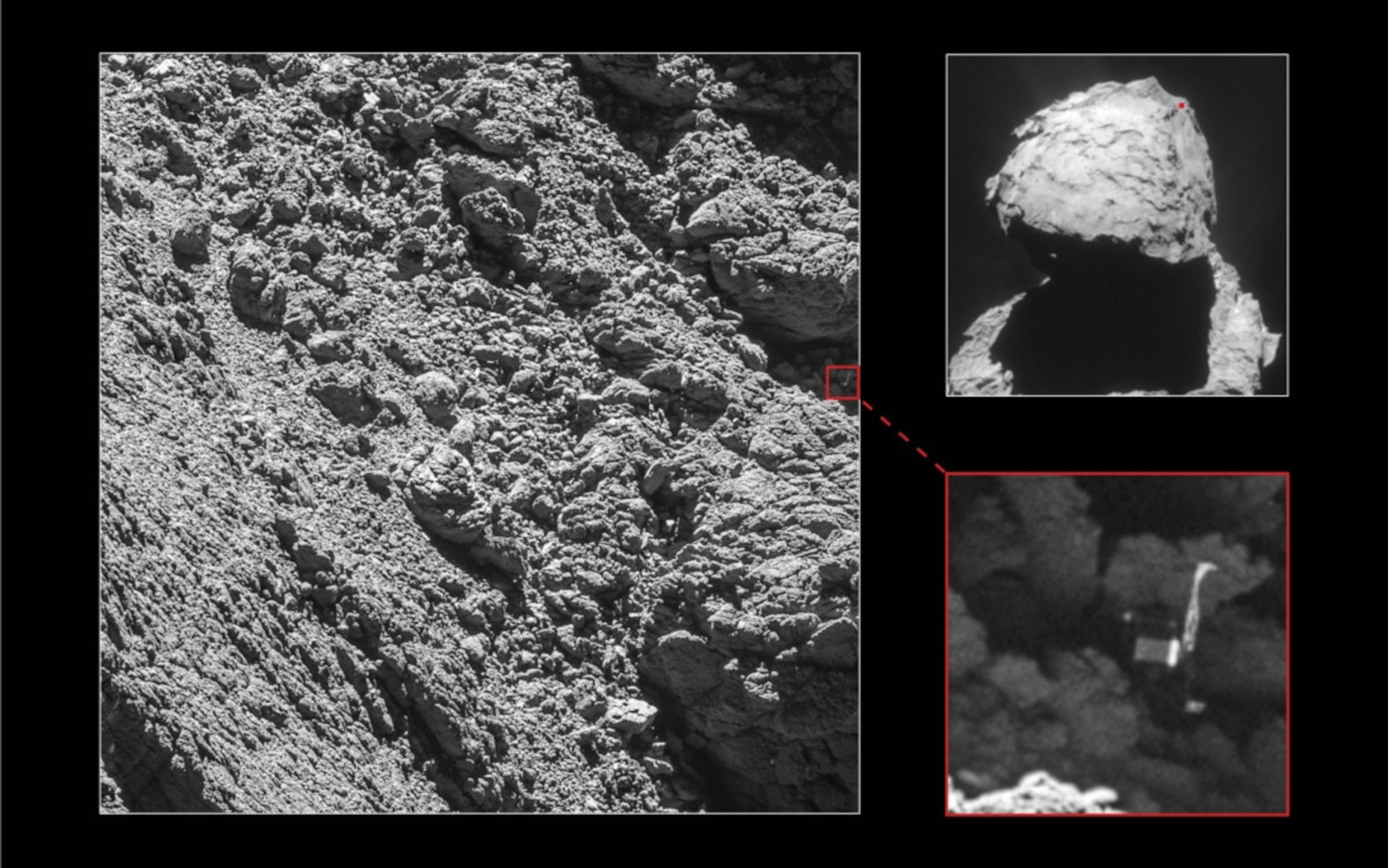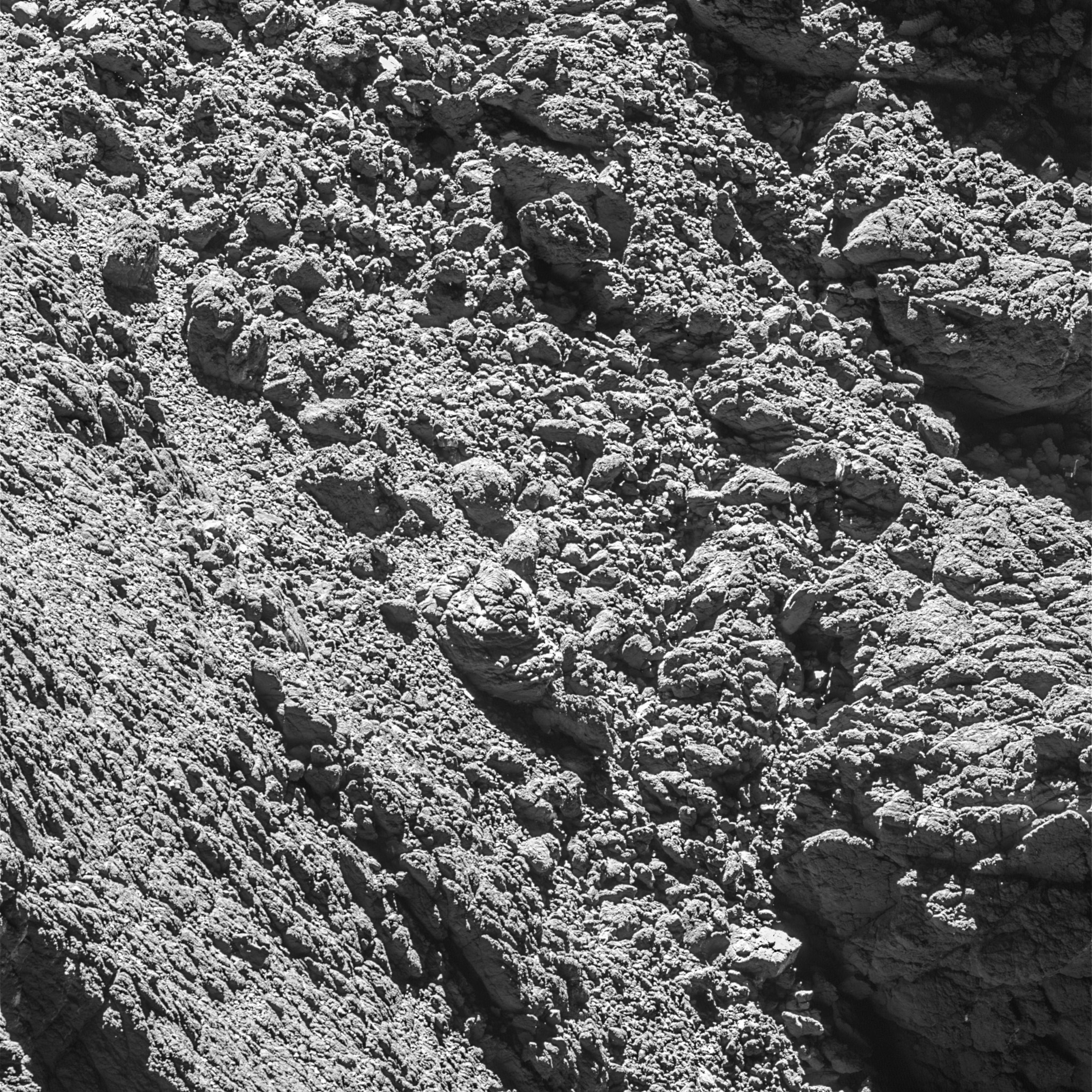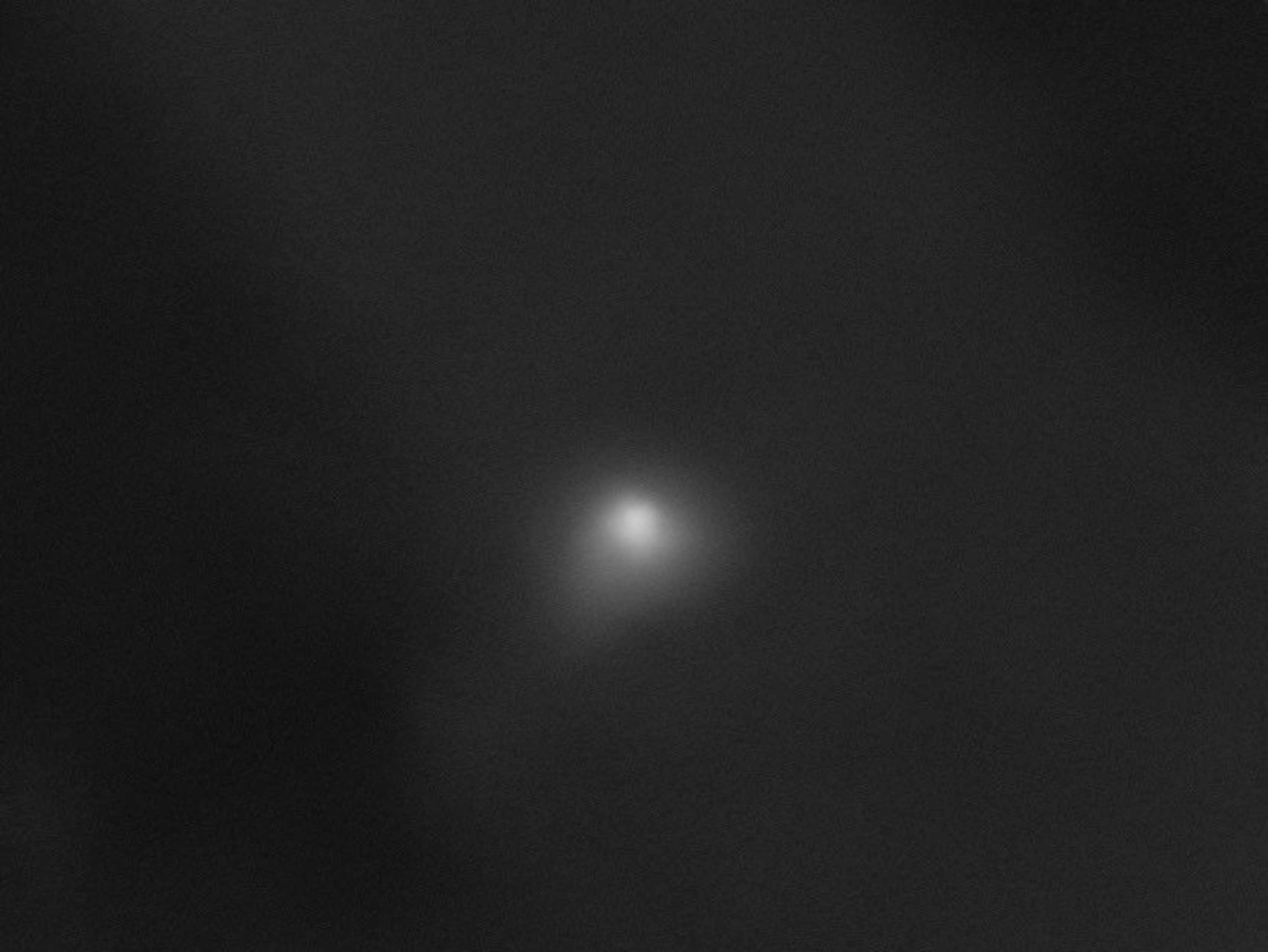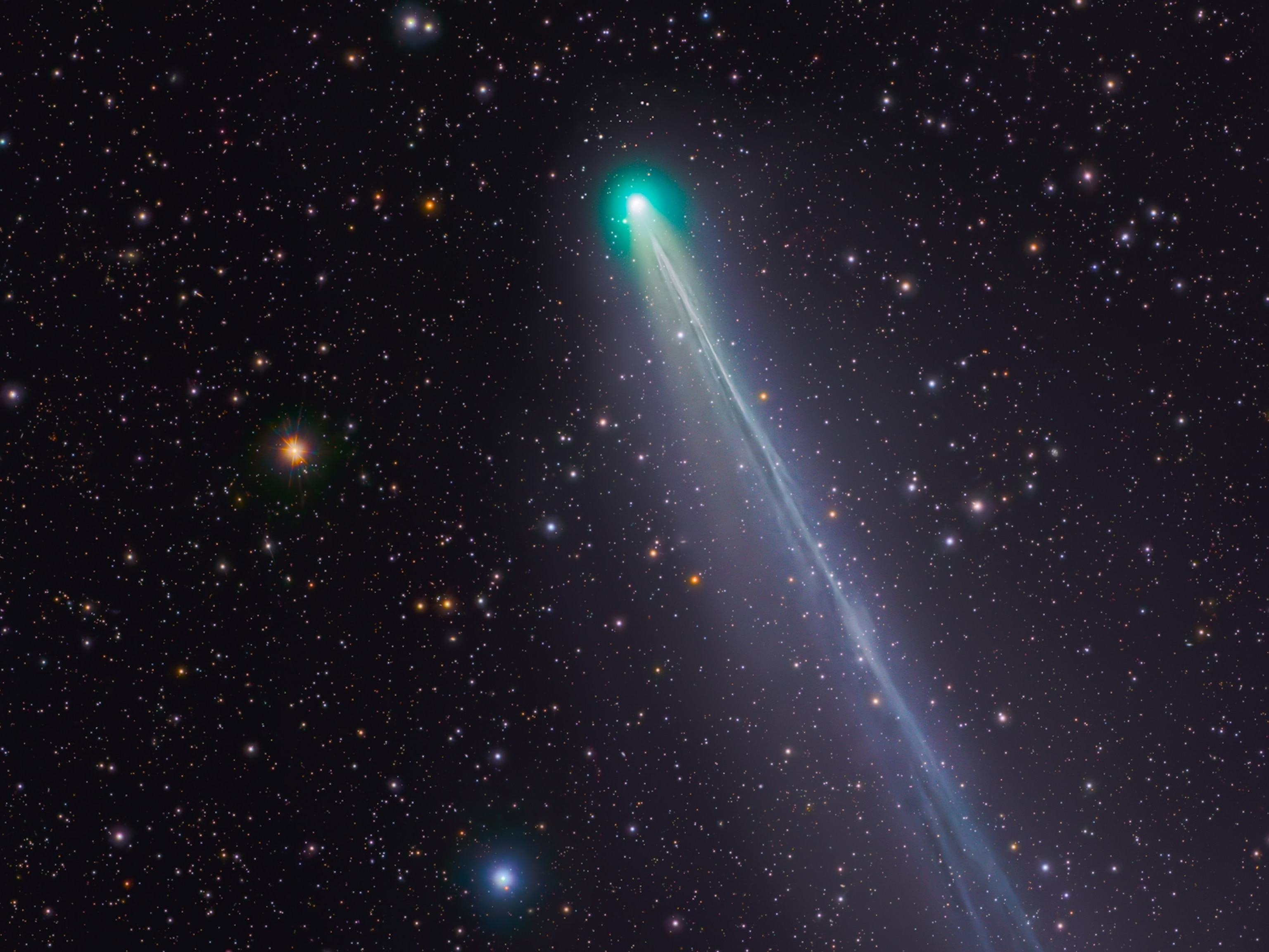
Long-Lost Comet Lander Finally Found
After a nearly two-year search, scientists have spotted the Philae space probe, which landed on a comet in November 2014 and quickly disappeared.
FOUND: One comet-landing space probe. A little banged up, but otherwise in reasonable condition (especially considering it spent 12 years in space). Goes by the name Philae.
After searching for years, the European Space Agency has finally spotted the little robot that landed on a comet. Deployed by the comet-orbiting spacecraft Rosetta, which left Earth in 2004, Philae slowly rendezvoused with comet 67P/Churyumov-Gerasimenko on Nov. 12, 2014.
But when it got to the comet’s surface, Philae’s anchors failed. Instead of sticking its landing, Philae bounced.
It flew over the comet for an agonizing two hours. Then it bounced again. And tumbled.
When the lander finally came to rest, no one knew where it was. For a while, the best clues came from photos Philae sent back to Earth, which showed that it hadn’t quite landed upright. Problematically, it also looked like Philae had also settled near the base of a shadowy cliff—and without sunlight, its solar-powered batteries would fail.
Sure enough, fail they did, just a few days later.
Scientists hoped Philae would wake up as the comet’s orbit brought it closer to the sun, yet all they heard was silence except for a few brief chirps from Philae in the summer of 2015.
In February, Philae was officially declared dead (or in eternal hibernation).
But scientists didn’t stop searching for the dishwasher-size space probe. And with the Rosetta mission’s impending end—the spacecraft will impact its comet on September 30—time was growing shorter and shorter. If Philae were to be found, it needed to happen now.
The team scoured images sent by Rosetta and used radio data to try and pinpoint Philae’s likely location. Observations suggested it was in a region called Abydos, on the duck-shaped comet’s smaller lobe, rather than its planned landing zone of Agilkia. Even in that small area, measuring perhaps a few tens of square meters, many shadowy nooks and crannies needed peering into.
Over the months, a few candidate objects appeared, but the images were too low-resolution for detailed scrutiny until recently. On September 2, Rosetta again photographed the comet—but this time, the spacecraft was only 2.7 kilometers above its surface.

Around 8:30 p.m. on Sunday evening, team member Cecilia Tubiana took a close look at what it sent.
In one of those images, tucked into a crack near a cliff, was a rather unmistakable shape: Tubiana had spotted a topsy-turvy, three-legged Philae.
“I immediately recognized Philae, there was no doubt about it,” says Tubiana, who’s at the Max Planck Institute for Solar System Research. “I could not believe that we had finally—one month before the end of the Rosetta mission—successfully imaged it! I was so happy!”
Now, with Philae found, scientists can finally rest. The lander won’t be doing any more science, but knowing where it came to rest on 67P will help the team interpret the data Philae could collect during those few short days when it was operational in November 2014. And anyway, soon enough, its comet will carry it—and Rosetta—away from the sun and into a long, dark night.




